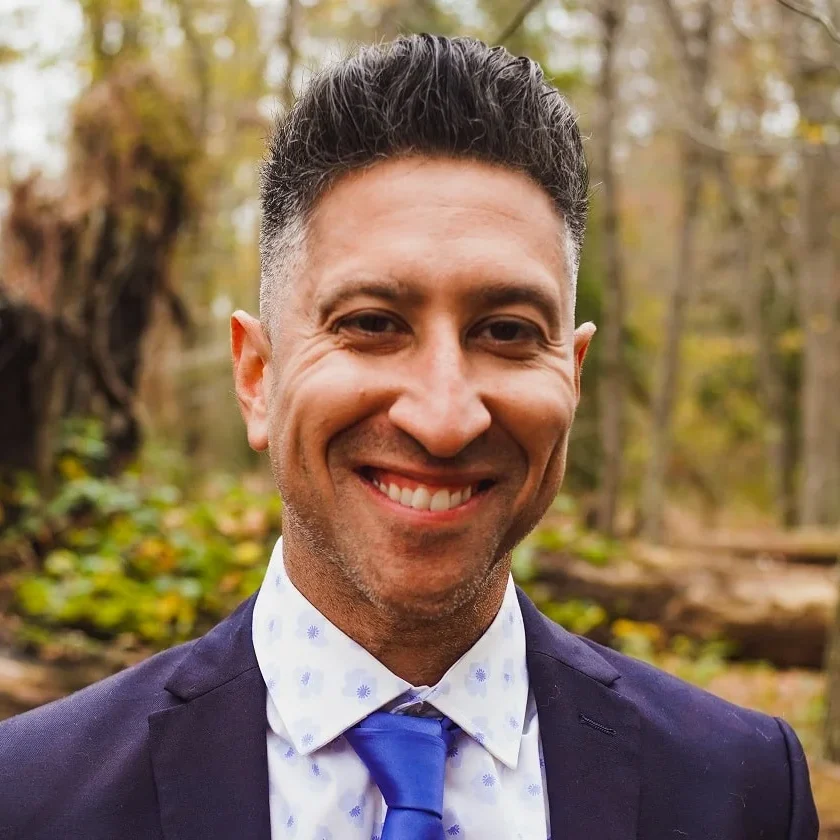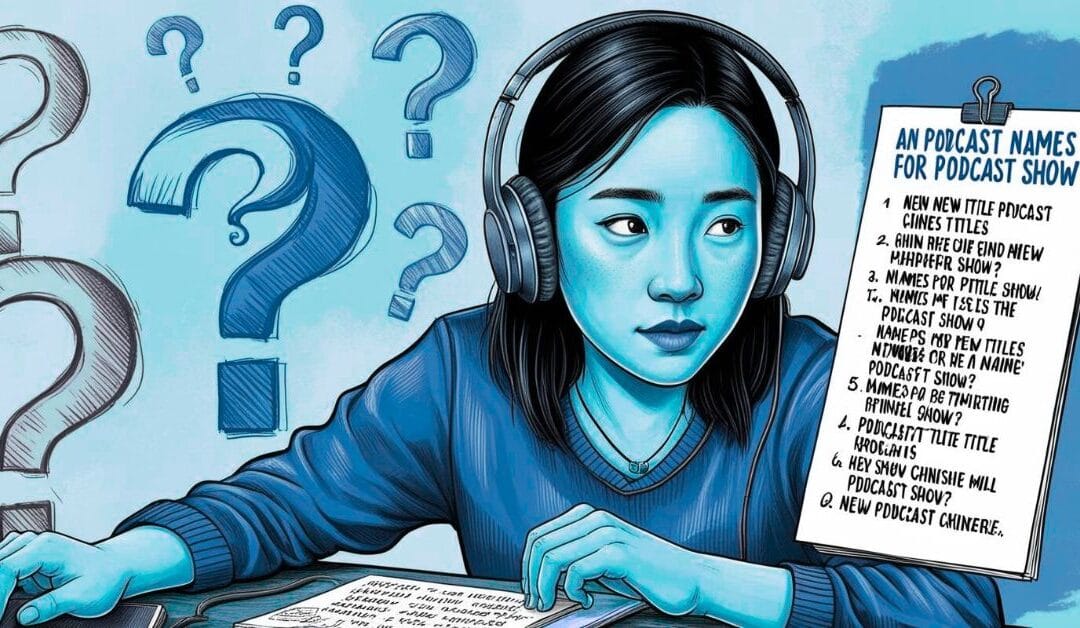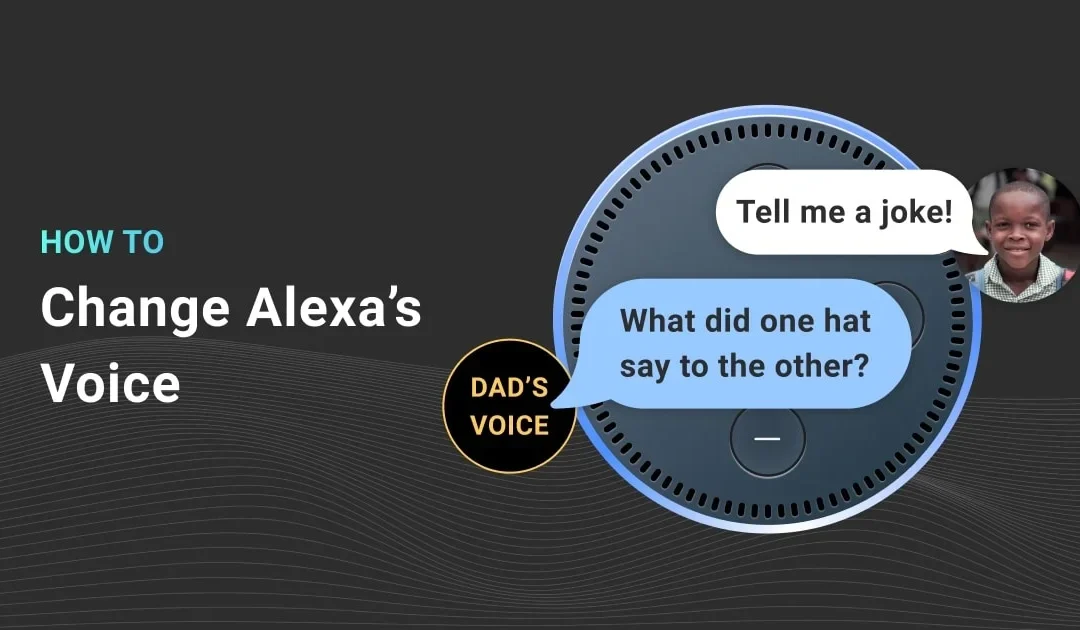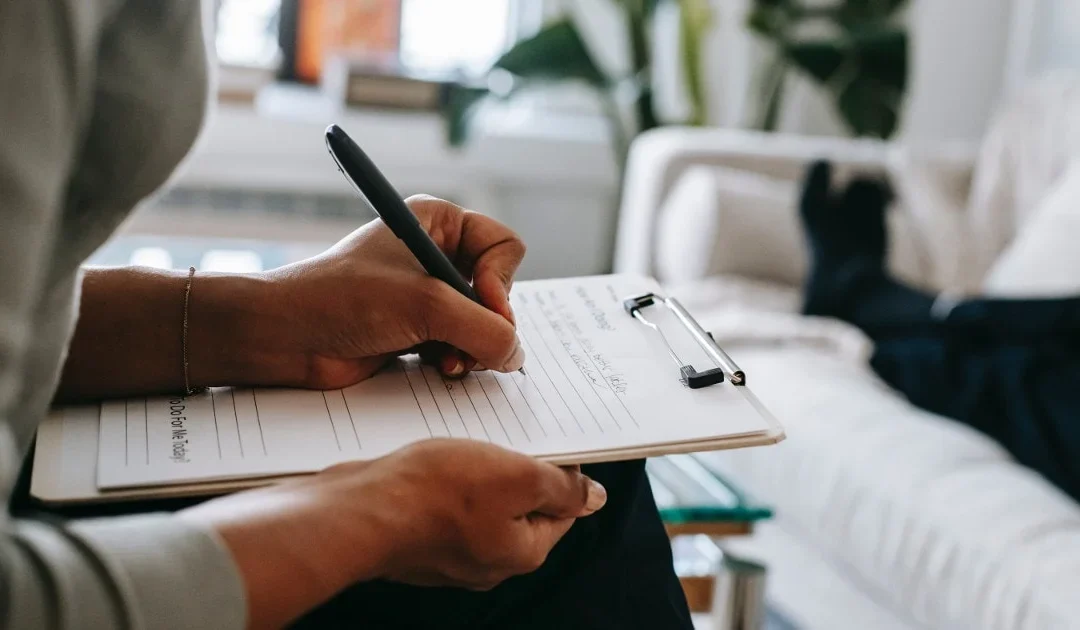If you were thinking that you’ve always wanted to start a podcast, and now that you have some down-time, this is your best shot – hold on! Let’s work together to ensure you maximize your efforts and reach your podcasting goals.
Before starting, think about your podcast a bit, and let’s answer some questions.
1. Ask yourself – Why do you want a podcast?
Before you pick a topic, it’s important to figure out the reason why you want to have a podcast. Is it to discuss a hobby or is it to build authority in a specific area?
2. What is the end of goal of you having a podcast, and how would you use the podcast to help you accomplish that goal?
Right now, podcasts are a great way to show you’re knowledgeable in an area that doesn’t relate to your daily work, and you can also build authority and influence with listeners. But if you want to make a podcast with your friends just to discuss your favorite TV show, that’s perfectly acceptable.
In my case, I’d like to get more speaking opportunities, so my podcast gives me a platform to provide valuable information to an audience who view me as an expert. The more people who view me as an expert, the more opportunities will result from that.
3. Why would a person want to listen to your podcast?
This is important because if you don’t clearly know the answer to this question, people who could be potentially interested in your podcast won’t know either. It should be a simple, clear topic that’s easily understandable from the title of the podcast.
Some reasons for people to listen might be: they want to learn, they want to be entertained, they’re interested in you and your personality, a combination of those – or something else entirely.
4. What kind of podcast is it?
Would your show be you interviewing someone else, or would it be a monologue? Would it be you discussing various topics with experts, or would it be you explaining concepts to people who are new to your area of expertise? Is it a combination of those things, or something completely different?
Once you know what kind of show it’s going to be, that helps to shape a lot of other things.
It’s important that the topics of your podcast relate around a certain theme so listeners know what to expect from your show, the same way we all expect certain things from TV shows. For instance, if you turn on the TV and Gordon Ramsey’s cooking show, you know what to expect – he’s going to yell at someone, the chefs are going to be panicking. If Gordon Ramsey suddenly started chasing down terrorists – that might be interesting to some people, but not the people who have been watching week in and week out – those people expect a typical episode when they tune in.
It’s the same with your audience – if they’re expecting one kind of show based on past episodes, but hear something completely different – they’re going to be confused, and may not listen again.
SECRET HACK:
If you reach out to people you admire and say “Hi, I love your work/I read your book 2x/I would love to hear more about what you do – would you be willing to come on my podcast?”, often they will say yes. Then, after you record together – don’t hang up – this the chance to really get to know them.
5. How often would your podcast be?
There are different kinds of podcasts – some are weekly, some are daily, and some are done in seasons. It’s important to give your audience fresh episodes consistently, and work to find ways to improve in each episode.
Depending on your existing responsibilities and schedule, make a determination of what kind of time and energy you want to put into your episodes. I recommend thinking of your show in seasons, because you can make a 10 or 12 episodes, then give yourself a break to recharge. Obviously you need to do what works for you and your situation.
6. How will people find your podcast?
People are searching for podcast based on topic. Is your topic in the name of your podcast? If not, people searching for information on that topic may never find your podcast.
What platform do people listen to podcasts on most? According to an April 2019 study by the University of Florida College of Journalism and Communications (UFCJC), out of 2,000 regular podcast users who listened to podcasts in the past six months, users listen to podcasts on multiple platforms, but YouTube is far and away the dominant platform (70%), followed by Spotify (34%), iTunes/Apple Podcasts app (33%), Pandora (30%), and Google Play music app (23%).
Where do people listen to podcasts mostly? According to the same study, users listen to podcasts most frequently at home, followed by in vehicles. This is important, because in vehicle listening of often done while commuting.
Based on the US Census data, the average commute is around 26 minutes one-way in the United States. Therefore, a key component in deciding how long to make your podcast would be making sure listeners have enough time to finish the episode before getting interrupted. I recommend episodes be 15 – 20 minutes, typically.
7. How will you record your podcast?
The logistics are where things can get complicated – and expensive – quickly. The truth is that you don’t need a lot to get started.
When I launched my first podcast, I recorded the first few episodes using my the earbuds that came with my phone. After a few episodes, I got an email from someone suggesting that I purchase a “real” microphone – with a recommendation for a USB microphone for $60. I instantly purchased it, and have been using that same microphone ever since. The microphone I use to record is linked below.
If you want to edit your episode after you record it, I recommend recording on the computer. The software I use to edit is linked below.
The logistics of interviewing someone over the internet can also become very complicated. The goal is to have the guest sound like they’re in the same room as you. I’ve tried a variety of methods of things I’ve been using Skype for a long time with mixed results – however, a recent guest on my show recommended Zencastr, which I’d heard of before but never used. It allows each person to record a separate audio track individually, then at the end you can download each track separately and mix them together to get excellent audio quality.
My favorite podcasting tools:
ATR 2100 Microphone – a USB microphone that includes a stand. Perfect for casual podcasts.
Audacity – free audio recording and editing software. Easy to learn and well-worth the investment time.
ZenCastr – free tool to talk and record an online conversation between 2 people, with perfect quality from both sides. After the conversation, it gives you each person’s audio separately so you can merge them.
Have questions about podcasting? I’d love to chat about it. Send me a message on Twitter or Instagram @danielhillmedia





